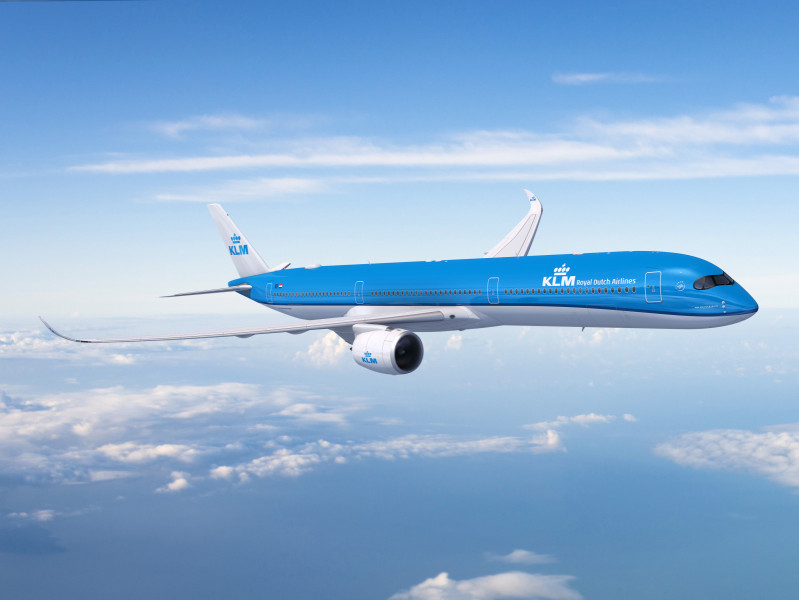(IN SHORT) KLM Royal Dutch Airlines and the Board of Airline Representatives in the Netherlands (BARIN) have agreed to the publication of the Social Cost-Benefit Analysis (SCBA) by the Ministry of Infrastructure & Water Management, following its unauthorized disclosure. The report, jointly commissioned with the Royal Schiphol Group, aims to assess policy choices regarding potential flight reductions at Schiphol Airport. While KLM and BARIN express reservations about the methodology and conclusions of the SCBA, they emphasize the importance of transparency and continue to advocate for a balanced approach to address environmental concerns while safeguarding the airline industry’s future in the Netherlands.
(PRESS RELEASE) Amstelveen, Netherlands, 2024-Mar-6 — /Travel PR News/ — In a letter to the Ministry of Infrastructure & Water Management, KLM and BARIN (which represents 50 airlines in the Netherlands) approved the publication of the Social Cost-Benefit Analysis (SCBA), which they commissioned jointly with the Royal Schiphol Group last year. The study was commissioned to ensure a better understanding of the various policy choices that would come into play if flight numbers are cut at Schiphol.
It was agreed at the time that the report would only be published jointly and with the consent of all the respective parties. It has since emerged that the contents of the report have already been made public. This has understandably led to questions being raised. Transparency is very important to KLM and BARIN, which is why they have now agreed to the publication of the SCBA by the Ministry of Infrastructure & Water Management.
KLM and BARIN initially chose not to publish the report, because they have many reservations about the methodology used and the conclusions drawn. As a result, the findings are incomplete and lack balance.
The objections boil down to the following:
- In the Social Cost-Benefits Analysis, the effects on climate are calculated at a global level, while the negative effects for passengers and the airline industry are calculated for the Netherlands only. Consequently, the positive outcomes predicted in the Environment & Noise Variant are greatly exaggerated and do not present a realistic scenario.
- The report does not consider the effects of air traffic moving away from Schiphol to other airports in the world.
- The report ignores the risks that the proposed scenario (Environment & Noise Variant) poses to the future of the airline industry in the Netherlands, to employment, the business climate, and to the continued existence of KLM. None of these important factors are sufficiently reflected in the report’s calculations and conclusions.
KLM and BARIN will continue to work hard to strike a balance between the airline industry and the environment. KLM has emphasized this in its sector plan “cleaner, quieter and more efficient” and in the “10 Commitments” that KLM and 30 other industry parties and research institutes have signed up to. Together, these highlight the need for greater improvement and a further toughening of measures across the airline industry, which should be implemented globally, or at the very least at a European level.
The Ministry of Infrastructure & Water Management is expected to submit the SCBA to the House of Representatives of the Netherlands in the near future. The letter and attachment from KLM and BARIN to the Ministry are enclosed as a download.
Media Contact:
Email: mediarelations@klm.
Source: KLM
###

